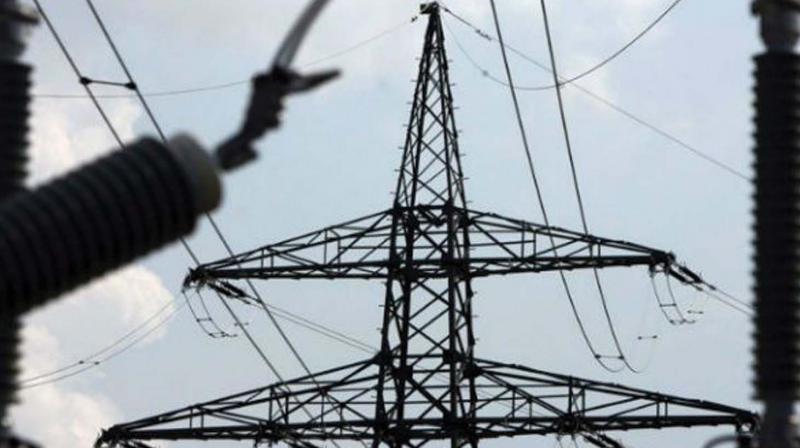Timely planning cuts power purchase costs in Kerala
Instead of sourcing power from costly stations, the utility purchased power at cheaper rate from traders and power exchanges.

Thiruvananthapuram: Consumers could be disappointed that KSEB Limited continues to seek higher tariffs but official figures show that the public utility has managed the state’s power requirements for more than a year without purchasing power from costly naphtha and diesel stations like the Kayamkulam NTPC, Kozhikode Diesel Power Plant and Brahmapuram Diesel Power Plant. What is commendable is that the KSEBL could control its costs at a time when inflow, thanks to poor monsoons in the 2016-17 window, had fallen by 50 percent.
Instead of sourcing power from costly stations, the utility purchased power at cheaper rate from traders and power exchanges. The total volume of power purchased through power exchange for the year is 601.93MU at an average rate of Rs 3.42; the average cost of power from costly stations is above Rs 6 per unit.
Also, the ‘unrequisitioned surplus’ (URS) from Central Generating stations were availed as and when available. “It is not just enough to schedule power from CGSs, we also need the lines to evacuate the power,” a top KSEBL official said. This was made possible by the commissioning of 315 MVA, 400/1220 kV transformer at Areacode substation in 2017. With the addition of the transformer, the import capability has been enhanced to 2900MW from 2400MW.
Additional purchase of power on medium term basis and short term basis was also planned well in advance. “It was planned in such a way that the utilisation of costly power from Kayamkulam NTPC and other thermal sources within the state was avoided to the extent Possible,” the official said. KSEBL had entered into contract with PTC India Ltd through E- bidding for supply of 200MW during the period from March 2017 to June 2017.
Central Transmission Utility (CTU) had sanctioned the transmission corridor on the condition that the 765 kV Wardha - Nizamabad DC line was completed on time. “Being the most affected constituent in Southern Region, KSEBL had followed up the matter continuously and finally got the open access approved from March 1, 2017,” the KSEBL official said.
Following the extreme drought and the demand hike during March to May 2017, KSEBL had also entered into a contract with Jindal Power for the supply of power 100MW at the rate of Rs 3.25 and 100MW peak power at the rate of Rs 3.65.

